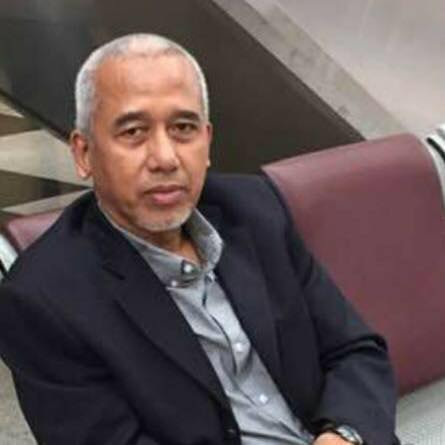Similar to the anti-government protests in Hong Kong, where the extradition bill was a trigger that led to a cascade of demands for change, other grievances are now coming to the surface: Besides watching the government passing legislation that can only result in more corruption, Indonesians of all ages, gender and creed have also been angry about the DPR’s draft law to revise the Criminal Code. Included in the draft are provisions to outlaw sex before marriage. Criticizing the president would be tantamount to commiting a felony. In other words, if passed, it will serve a devastating blow to civil rights.
For now, Jokowi has asked the DPR to delay a final vote on the new Criminal Code until a new House takes office later this October. There has been chatter of the need for the government to obtain more inputs from the public before taking the bill to the floor of the DPR. But Indonesians want to hear more from their president on this issue and for him to take a leadership role in the debate, not just pass the buck. Does he personally believe the draft law, as it stands, is for the better or worse of the citizenry? Under what pretext could one argue that the law, which tramples upon individuals’ rights to make their own choices in their private lives and express their opinions, is trumped by some greater collective good?
Unfortunately for Jokowi, restive students are not his only problem.
One is the province of Papua, where Jokowi must grapple with growing civil unrest and violence. Over the past few weeks, dozens of locals have been killed or injured in clashes with security forces after there erupted protests over news of racist slurs being heaped upon Papuans.
So far, the government’s violent response to discontent in Papua, as well as with the student demonstrations, has been what would expect from an authoritarian, not a democratic nation. It is apparent Indonesia’s leaders have forgotten lessons from the past: in places such as East Timor and Aceh, and during the 1998 anti-Suharto movement, the use of state violence and repression bred yet more contempt and fueled the fires of conflict.
Another brewing issue facing Jokowi that could spell trouble during his second term in office is Indonesia’s increasingly cozy diplomatic and commercial relationship with China. Over the past few years, there has emerged a very strong pro-Beijing faction within the Jokowi administration–Belt and Road Initiative projects, now running the gamut from strategic infrastructure to natural resources, have the potential of placing Indonesia’s national security and sovereignty at risk. Unlike other Belt and Road recipients, such as Malaysia and Sri Lanka, there has scarcely been an open policy discourse in Indonesia about the pros and cons of participating in Chinese-financed mega projects.
Left unchecked, Jokowi’s romance with Beijing could end in a serious backlash. If, as in the case with Sri Lanka, Indonesia falls into debt traps or loan-to-own schemes, there would certainly be dire consequences for Jokowi and his administration.
Given this almost perfect storm of challenges that could endanger his legitimacy, and ultimately his presidency, Jokowi must act decisively to correct his mistakes of the past.
On the economics front, Jokowi should find ways to get more disposable income into the hands of consumers. This can be accomplished by having the government recapitalize the national health insurance program while providing free health care to the poor and more moderate premiums to middle-income Indonesians. The cost of electricity, which constitutes a large portion of less affluent household budgets, should also be relaxed as a means of stimulating consumer spending and hence the economy.



